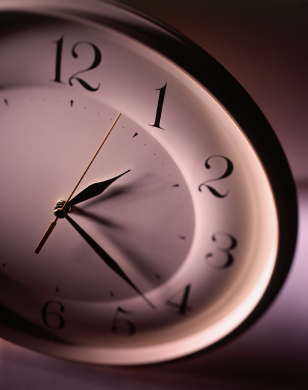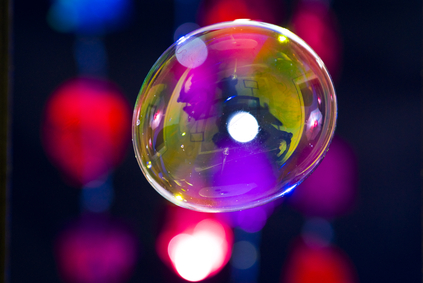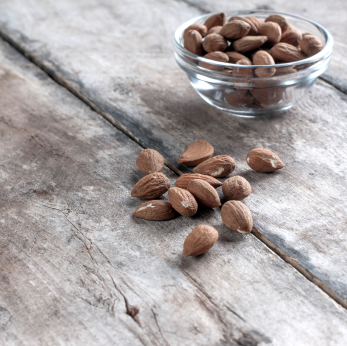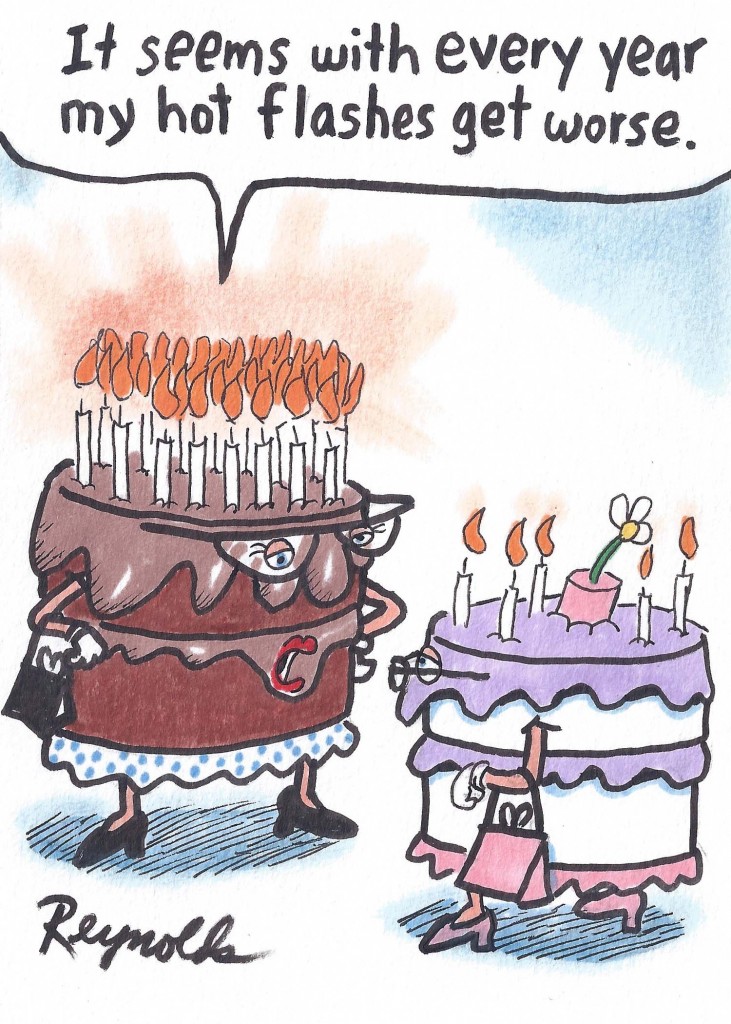Pondering the weighty subject of… weight.

Guyside columnist Bob LeDrew will never be mistaken for this person.
I know I don’t. But I do see a certain uptick in that “time spent thinking about diet” graph in recent years.
As an adolescent, I was blessed with a metabolism that burned everything I could shovel into my mouth and then some. And even through most of my adult life, I really haven’t thought about diet beyond “when is the next meal?”
But as I edge toward 50, I have started to make some changes. Why? First, I have seen that little band of blubber around my waist grow from a finger-width to what is probably 15-20 pounds of weight I don’t really need. Second, my encounter with bladder cancer in 2006 led to some increased concern about health in general. Third, it was always so simple when you could go out for beer and wings at will and never show any effect (my personal best: 80 wings with an unwise quantity of beer to wash ‘em down in an evening), but when you start to feel the hangover from booze as well as post-gluttonous digestive effects, it makes you think.
At least when it comes to body image, I think men and women are working from two separate objectives. It’s my belief that generally, women are more affected by pop-culture images of women than men. I don’t look at Hugh Jackman and think “I’m grotesque.” I think men are more tied to the body image of their younger selves, and that it takes some sort of breakthrough for a man to realize that his body isn’t the same at 47 as it was at 17, or 27.
And of course, it’s clear that we men have some real issues around body image — and body reality. Even if you think you’re fine, men in the United States have a real-life obesity problem. Check this out.

These guys show the “average” man from each of the US, Japan, the Netherlands, and France
I certainly am aware of this reality. And I would like to make some changes. I don’t need or want to turn into the aforementioned Mr. Jackman. So here’s an entirely arbitrary list of what I think is going on with my diet — what I am doing right, and what I am doing wrong at this point?
Good points:
- I don’t eat a lot of fried food
- My vegetable intake is good
- I eat fish at least once a week
Now the weak points:
- Too many canned soups for lunch (bad for the sodium count)
- My long-term love affair with all things chocolate needs to be pruned
- Not enough snacking action using “healthier things” like fruit or things that aren’t chocolate
- I like beer
I’m going to start doing two things. I’m going to track how many healthy snacks I eat and how much chocolate I consume. And every week, I’m going to update this table as a way of being accountable to you — and to me.
| Healthy Snacks | Chocolate | |
| Week of October 13 | 0 | 2 bars, 1 gelato |
Wednesday Bubble: Depressed? It may be high testosterone
As I’ve written previously, depression and hormonal imbalance go hand in hand as much as love and marriage, babies and carriages, and yin and yang. As many as 40% of women are affected by depression during menopause, but there are other factors that come into play, including gender (women are 1.5 to 3 times likelier than men to report a lifetime history of depression), stress, family life, general health issues, a lack of exercise and genetics. Moreover, research has shown that how women perceive the effect of menopause and its symptoms on their physical health can significantly affect whether or not they develop depression at the start of the ‘pause.
I’ve got one more factor to add to the mix: testosterone. Findings reported at this week’s International Federation of Fertility Societies/American Society for Reproductive Medicine meeting suggest that when it comes to depression in menopause, high testosterone levels may be at-play, at least in Caucasian women.
Among 400 women studied over 14 years (who were 35 to 47 when the study began), 76% had a history of depression. Still, researchers say that this history did not appear to affect the relationship between high testosterone levels and depression scores; in fact, Caucasian women with the highest testosterone levels were 27% more likely to have depression than women who had the lowest levels. In fact, when considered in totality, each jump to the next measure of testosterone levels (four in all) increased the risk of depression by 14%.
Importantly, the researchers did not see the same increase in depression among African-American women. Rather, African-American women with the highest testosterone levels were 26% less like to have depression.
There is no indication of the reasons why testosterone affects mood in Caucasian versus African-American women. However, it’s important that we have another piece of the puzzle. Take note: if testosterone patches ever make it to market in the U.S., women with preexisting depression may want to step back before hopping on that bandwagon.
Read MoreSleep and the ‘pause: valerian and lemon balm?
 Here’s a sobering thought: by the year 2030, over one billion women worldwide will be affected by menopausal symptoms, and that number is projected to increase by 47 million women annually. Sleep issues, namely disruption in sleep patterns caused by hormones, stress, hot flashes, night sweats and aches and pains affect roughly 81% to 83% of women in menopause. Of these, more than half report insomnia.
Here’s a sobering thought: by the year 2030, over one billion women worldwide will be affected by menopausal symptoms, and that number is projected to increase by 47 million women annually. Sleep issues, namely disruption in sleep patterns caused by hormones, stress, hot flashes, night sweats and aches and pains affect roughly 81% to 83% of women in menopause. Of these, more than half report insomnia.
If you do the math, the sleep issue suddenly becomes very, very big!
Short of going the prescription route, there are a variety of strategies that reportedly help. You can read about some of those here. And, I’m happy to add one more: valerian/lemon balm.
Valerian is an herb used in variety of forms since the time of Ancient Greece. Its use in insomnia was first reported in the second century and it was even used during WWII to alleviate stress during air raids. Today, it is widely used for stress and sleep issues. While few adverse effects are associated with valerian, it may interact with benzodiazepines (e.g. xanax), barbituates or drugs that suppress the central nervous system (morphine, propofol); caution is also advised if you are taking St. John’s Wort, kava and melatonin.
Lemon balm also has a long history in traditional medicine, and as long ago as the middle ages, was used to combat stress and anxiety, promote sleep and calm nerves. While it is relatively benign, experts say that caution should be used if you are also taking sedatives or thyroid medications, or antiretroviral agents.
A few safety issues aside, the combination of the two is potentially explosive! According to new study findings, a combination — 160 mg valerian/80 mg lemon balm — in capsule form significantly improved sleep quality, patterns of sleep and sleep duration in women experiencing menopause symptoms by as much as 36%. In fact, over a month one month period, these improvements were as much as 28% higher than findings in women taking placebo capsules. What’s more, the amount of valerian used in the capsule was more than two- to four-fold lower than doses traditionally used in sleep studies demonstrating significant sleep quality improvements; this speaks to the addition of lemon balm. Additionally, the benefits appear to occur without side effects; no adverse effects were reported.
Sleep and the ‘pause….valerian and lemon balm might just do the trick!
Read MoreAre you a snackaholic?
I don’t know about you when the stress levels accelerate or the weather starts to get nippy, I feel more inclined to snack. It appears that I am not alone; according to a study published online in the European Journal of Clinical Nutrition, 97% of adults report consuming at least one snack a day. Not only has snacking become common practice, but people snack more often and the snacks themselves are larger than ever. Supersize that snack! Yikes!
Fortunately, the next time a craving hits, there may be a better option than a bag of chips: almonds. In fact, Purdue University researchers report that eating 1.5 ounces daily of dry-roasted, lightly salted almonds may reduce hunger without affecting body weight.
I bet that you thought that nuts are fattening, right?
To test the almond theory, the researchers asked a group of 137 adults to:
- Avoid all nuts and seeds
- Consume 1.5 ounces of almonds daily with either breakfast or lunch
- Eat 1.5 ounces of almonds daily in between either breakfast or lunch (i.e. within two hours of the last meal and at least two hours before the next meal)
Other than the inclusion or exclusion of almonds at a defined time, all participants followed usual eating and physical activity patterns. They also met with a nurse weekly to record weight and dietary habits and discuss sensations of hunger , fullness or desire to eat. Additionally, at various benchmarks throughout the four weeks that the study took place, blood and blood sugar information were calculated.
Here’s the interesting part: despite an additional 250 calories a day from an almond snack, none of the adults participating in the study increased the total number of calories they consumed in a day or gained weight over the four week study. Additionally, eating almonds as a snack rather than part of a meal or avoiding them altogether appeared to significantly suppress hunger or the desire to snack. Another benefit gleaned from eating an almond snack was an improvement in overall vitamin E and monounsaturated fat profiles, which respectively, can help protect cells from damage and promote better absorption of nutrients from the foods that we eat, as well as improve heart health.
Mind you, conclusions can only be made with regard to the short term benefits of almonds. But in so far as snacking? Almonds may be the optimal snack, increasing a sense of fullness, decreasing caloric intake and counteracting the constant snacking desire, all without increasing overall weight. Craving a nibble? Reach for a handful of almonds.
Read More
Wednesday Bubble: Evolution?
Do they or don’t they? Inquiring minds want to know!
Tell me what your flashes are like and how they’ve been as you’ve been moving through the ‘pause. Hopefully, we can collectively come up with some effective solutions!
Read More








